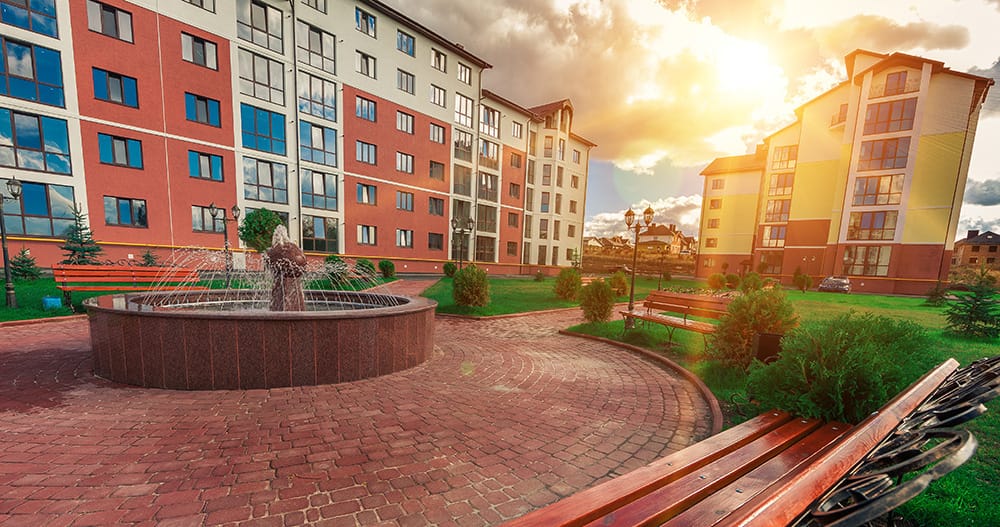Many people rent out part of their home as a way of paying for the many costs associated with home ownership. However, according to a survey of homeowners in British Columbia, Alberta, and Ontario, up to 17 percent of these secondary rental suites may not be legal. These suites fail to meet municipal standards, which can affect insurance coverage and other issues under real estate law.
Rental suites are used for extra income, which 34 percent of homeowners say goes straight to their mortgage. However, some homeowners either ignore or are unaware of municipal laws regarding buildings standards and allowances for rental suites. They also may neglect to share the fact that they are renting to insurance providers. This can lead to a denial of coverage should something happen to the home.
Illegal rental suites are mainly found in urban areas with hot real estate markets and expensive housing. Ontario has the highest percentage of illegal rental suites at 21 percent. Secondary rental suites are common in this province, with over 233,000 counted by the Canada Mortgage and Housing Corporation.
Some municipalities require business licenses before renting out part of a home. This policy dates back to the 1980s and before, when home ownership was encouraged by communities and rental suites were not permitted. These rules are often outdated and prevent affordable housing options, but avoiding them can lead a homeowner into a tricky insurance and legal situation.
Real estate law can vary not only from province to province, but also based on the municipal laws where one lives. A local real estate lawyer is an important person to consult when buying or renting a home. Insurance coverage and ability to continue renting requires homeowners to be honest with insurance companies, regulators, and legal experts in their communities.








